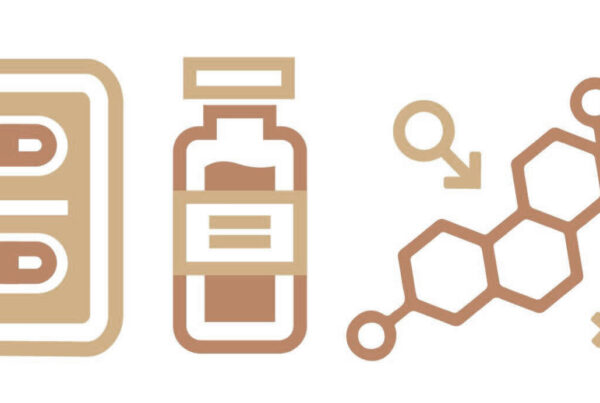People may experience any of a number of sleep disturbances during their lifetime, for any of a number of reasons. Whether it is because of a health issue, a psychological issue, or simply a response to stressors in a person’s life, sleep disturbances can represent a serious issue.
In addition to leading to feelings of fatigue and exhaustions, a lack of sleep can decrease an individual’s immunity and even lead to feelings of depression. Severe sleep disturbances can prove to be a hazard as well, especially if they lead to exhaustion or blackouts while performing sensitive tasks, such as driving or operating heavy machinery.
While most people think of insomnia as an inability to sleep – period – other forms of insomnia exist as well. Just as problematic as the inability to sleep are issues such as repeatedly waking during the night or only being able to sleep for short periods of time. It is also important to remember that hyposomnia – or excessive sleeping – can be just as problematic as insomnia, and should be dealt with accordingly.
One of the first things to consider when attempting to identify the source of a sleep disturbance is whether or not it may be linked to an underlying psychological issue. Various psychological issues – including affective disorders such as bipolar disorder and depression – are commonly linked to sleep disturbances. Additionally, anxiety can be a major factor in sleep disturbance, especially if an individual’s anxieties are preventing them from getting to sleep at night.
Various health problems can also be a factor in insomnia and other related sleep disturbances. Those who find themselves repeatedly waking during the night may be at strong risk for the condition known as sleep apnea, a disorder in which the individual’s breathing during sleep is affected. Individuals who snore loudly, who are overweight, who feel exhausted on waking, or who wake with issues such as a shortness of breath or dry mouth should contact their doctor to be tested for this potentially dangerous condition.
There are a handful of conditions that cause sleep disorders, such as circadian rhythm disorders and sleep phase disorder. With a proper diagnosis, individuals who have these disorders can learn to live with their problem and can receive proper treatment to help them lead a normal life, even with the condition.
Sleep disturbances can also be indicative of other, more serious issues. It is important to report any sudden changes in one’s sleep patterns to your doctor, not only to resolve the sleep issue but to ensure it is not a symptom of something more serious.
Another factor to remember, especially for older women, is that sleep disturbances are common for women undergoing menopause. Typically, these sleep disturbances are caused by hormonal fluctuations, though they can also be linked to other symptoms of menopause such as hot flashes or anxiety. For some women, treatment with bioidentical hormone replacement therapy can be a great option in resolving these and other menopause symptoms.
Proper sleep is important for your mental health, physical health, and your overall wellbeing. No individual should ever neglect the importance of sleep as a part of his or her daily routine.





